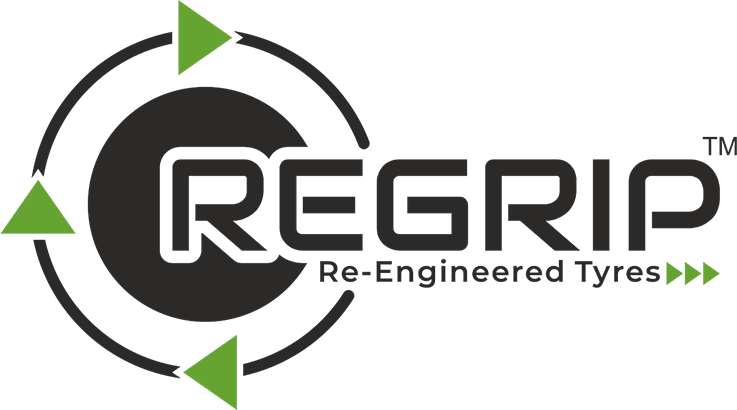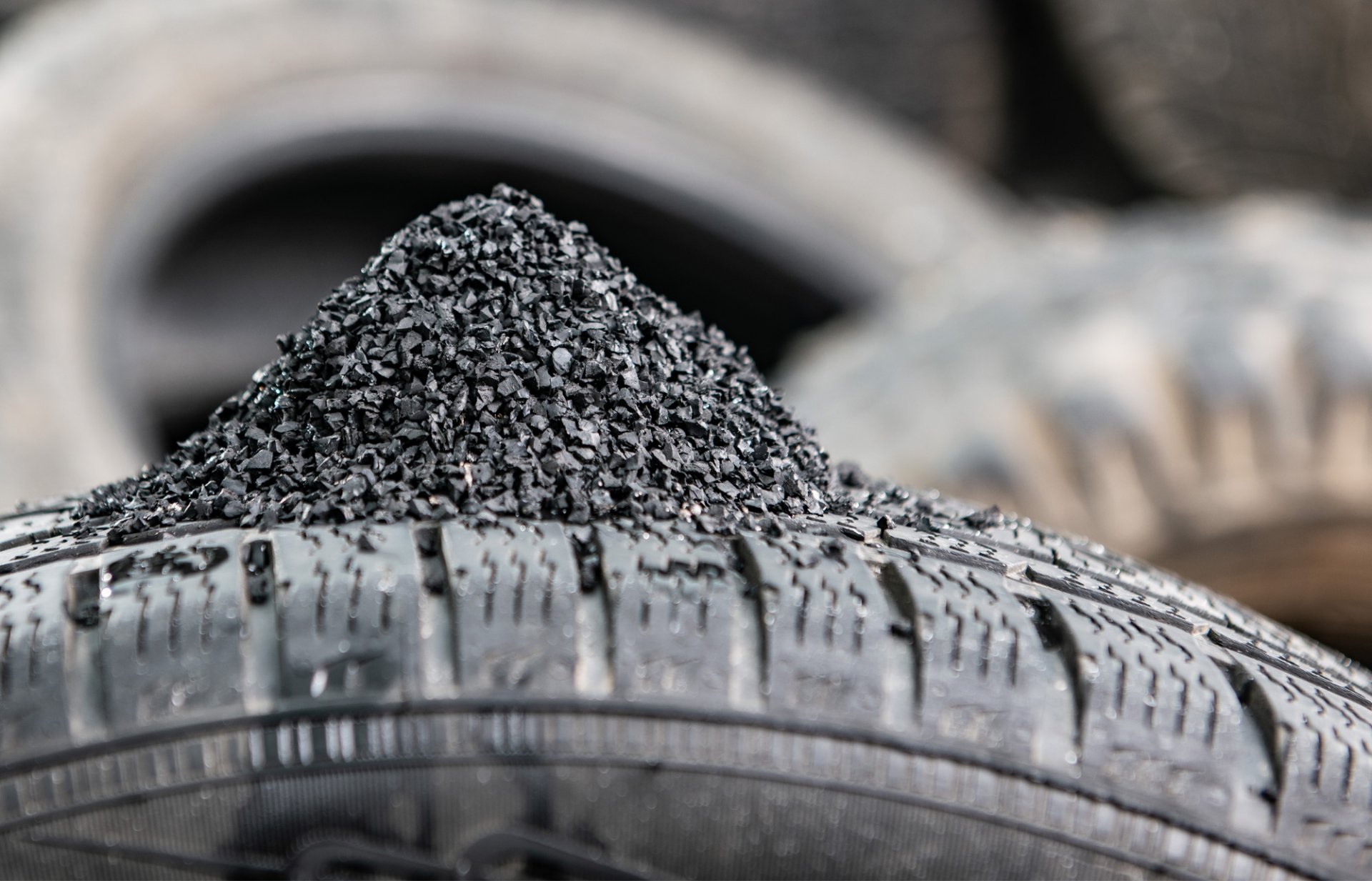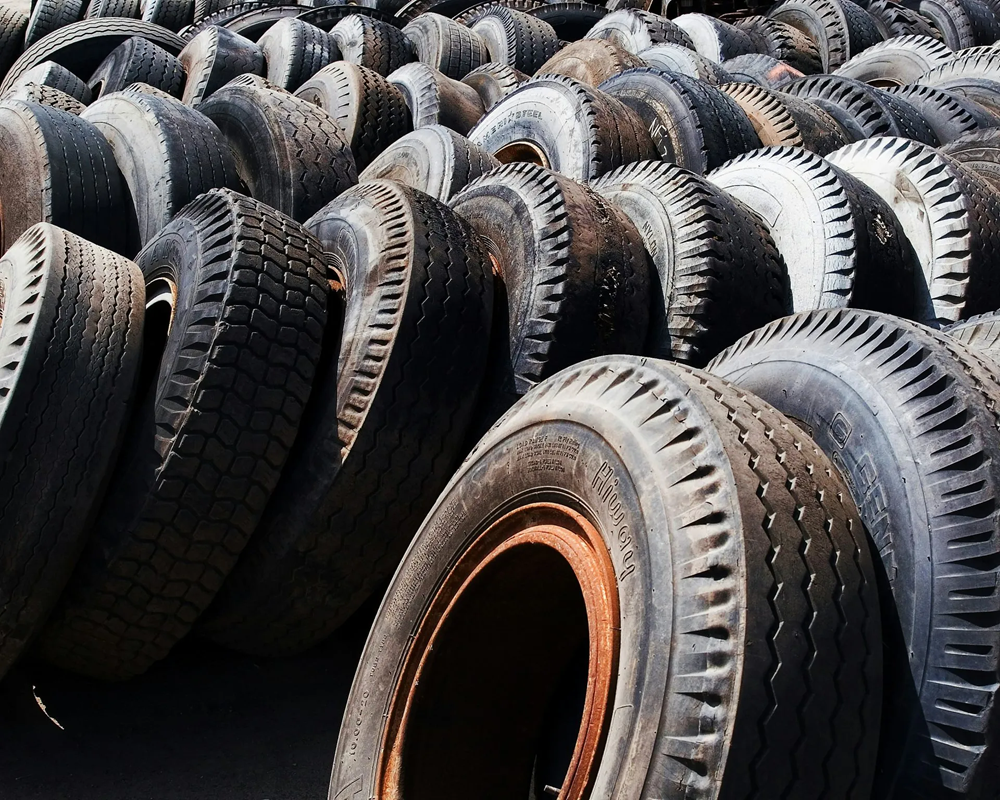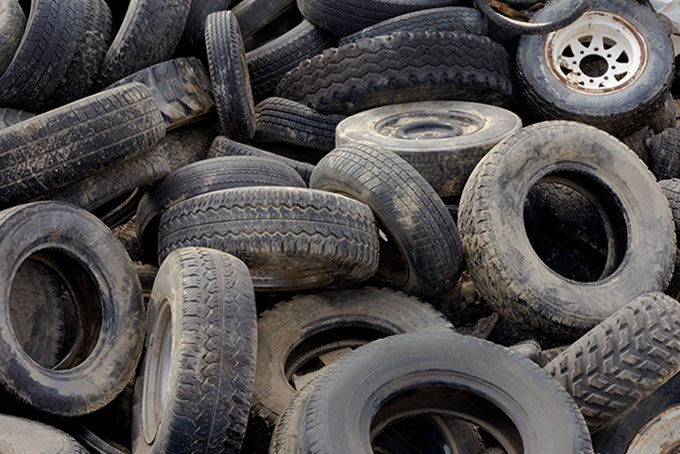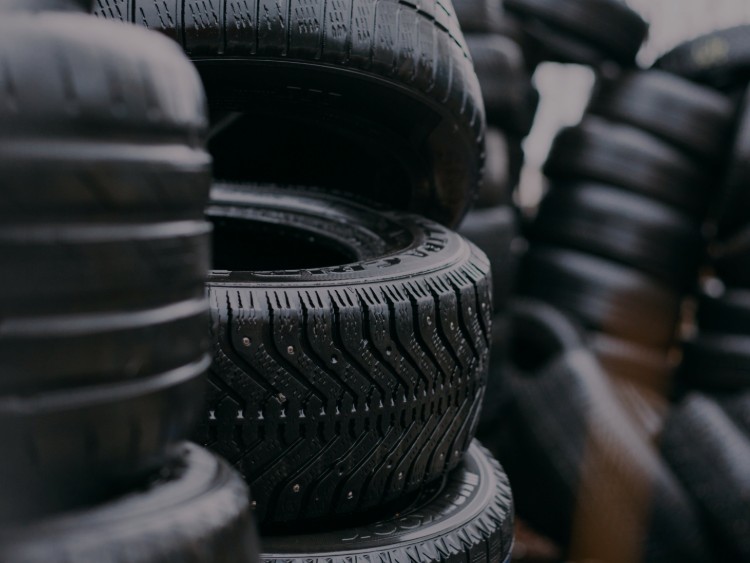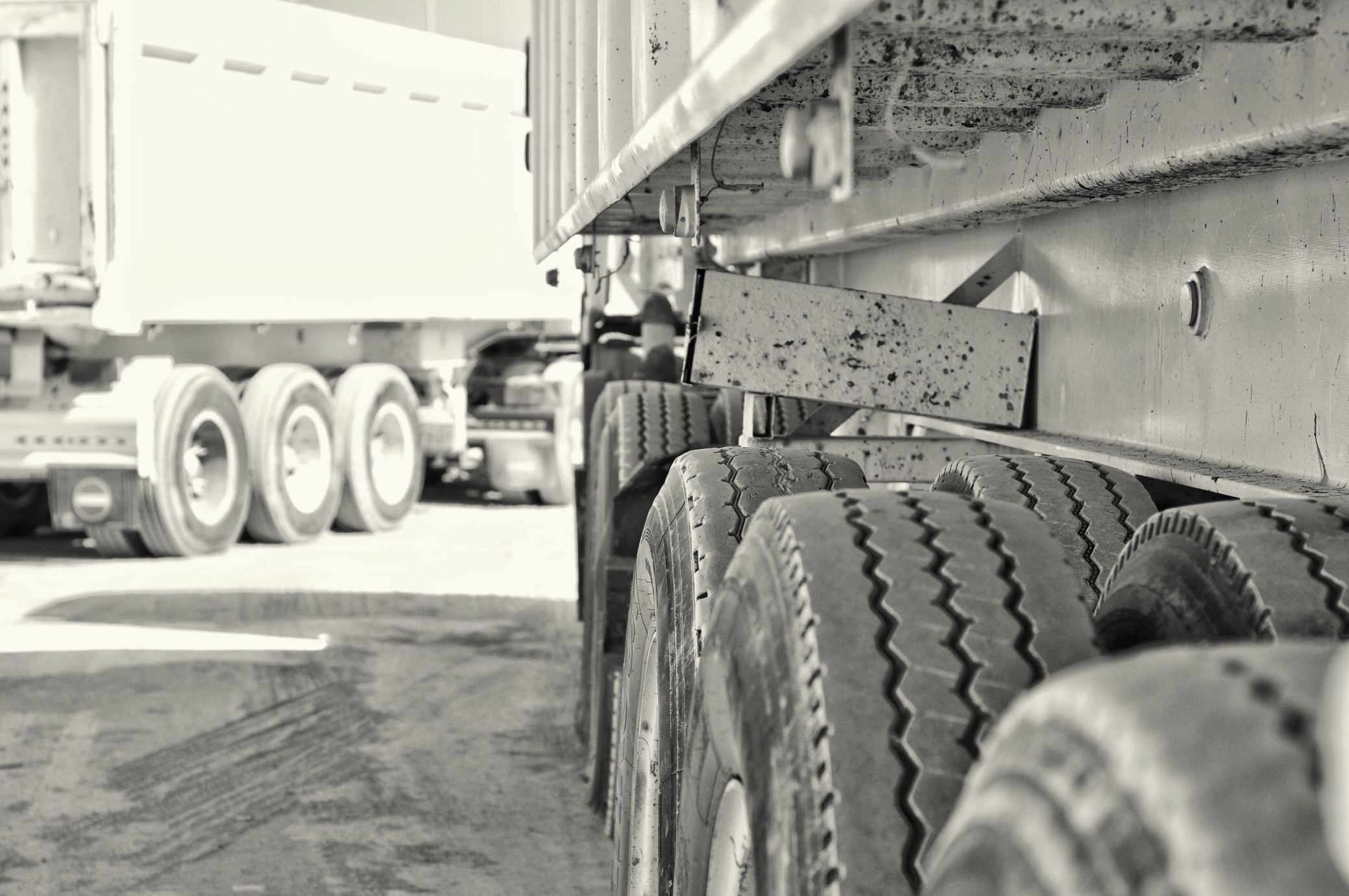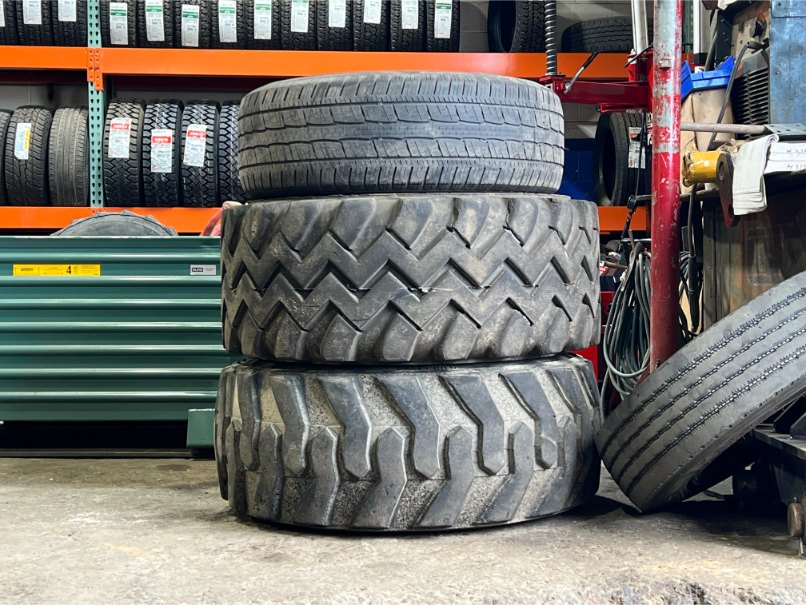With sustainability taking center stage in industries across the globe, recycled materials have become key players in reducing environmental impact. Among them, crumb rubber, derived from used tyres, is gaining significant attention for its versatility and ecological benefits. But how does it stack up against other popular recycled materials like recycled plastics, metals, and glass? Let’s explore which material truly wins when it comes to sustainability, circularity, and long-term benefits.
What Is Crumb Rubber?
Crumb rubber is made by grinding down scrap tyres into small granules after removing steel and textile components. This durable material retains the original properties of rubber, making it an excellent candidate for use in:
-
Roads and pavements (rubberized asphalt)
-
Sports turf and playgrounds
-
Flooring, mats, and industrial parts
-
Molded rubber goods
What sets crumb rubber apart is its origin: tyres are non-biodegradable, and repurposing them into a functional product reduces the huge burden of waste tyres piling up in landfills or being burned.
Comparing Crumb Rubber with Other Recycled Materials
Let’s break down how crumb rubber compares with some commonly used recycled materials across key sustainability metrics.
1. Environmental Impact
-
Crumb Rubber: By recycling tyres, crumb rubber prevents the release of toxic substances from burning or dumping. It also reduces the need for virgin rubber, conserving petroleum-based resources.
-
Recycled Plastic: While it reduces plastic waste, plastic recycling is energy-intensive and often limited to certain types (like PET or HDPE). Microplastic pollution remains a concern even with recycled products.
-
Recycled Metals: Recycling metals like aluminum and steel saves massive amounts of energy and reduces mining. However, it requires high-temperature furnaces, contributing to greenhouse gas emissions.
-
Recycled Glass: Glass recycling is sustainable, but the process also demands considerable heat and clean sorting. Mismanagement can lead to contamination or downcycling.
✅ Winner: Crumb Rubber – It prevents tyre fires, reduces landfill use, and requires less energy-intensive processing compared to metals and plastics.
2. Energy Efficiency
-
Crumb Rubber: The process of shredding and grinding tyres into crumb rubber is relatively low-energy, especially with ambient grinding methods.
-
Recycled Plastic: Needs cleaning, sorting, melting, and reforming—each requiring substantial energy.
-
Recycled Metals: Recycling aluminum uses 95% less energy than making it from bauxite, making it one of the most energy-efficient materials to recycle.
-
Recycled Glass: Melting glass requires high energy, though still less than producing new glass.
✅ Winner: Recycled Metals (energy-wise), but Crumb Rubber remains competitive due to its less intensive process.
3. Reusability and Product Life Cycle
-
Crumb Rubber: Highly durable and long-lasting in applications like playground surfaces, road construction, and rubber tiles. It can also be reused in secondary applications if not contaminated.
-
Recycled Plastic: Can only be recycled a limited number of times before degradation in quality. Often ends up downcycled or in landfills after a few cycles.
-
Recycled Metals: Can be recycled indefinitely without losing quality, making them top-tier in terms of circularity.
-
Recycled Glass: Like metals, glass can be endlessly recycled without degradation, though it depends heavily on proper sorting.
✅ Winner: Recycled Metals and Glass for infinite recyclability. Crumb Rubber wins in durability and long product life.
4. Market Demand and Versatility
-
Crumb Rubber: Demand is growing in sectors like infrastructure, sports, landscaping, and molded rubber manufacturing. Its flexibility in applications is expanding as awareness grows.
-
Recycled Plastic: Extremely versatile but increasingly scrutinized for environmental and health impacts.
-
Recycled Metals: Always in high demand due to their application in construction, transportation, and electronics.
-
Recycled Glass: Mostly used in bottles and construction, but with limited growth in diversified applications.
✅ Winner: Crumb Rubber – Its versatility is growing quickly in high-impact sectors like construction and infrastructure.
5. Contribution to Circular Economy
Crumb rubber strongly supports a circular economy by giving a second life to tyres, which would otherwise be extremely difficult to decompose. It also reduces the need for natural rubber extraction and energy-intensive virgin production.
In contrast:
-
Recycled plastics often don’t fully close the loop.
-
Recycled metals and glass do, but they rely on formal systems and advanced infrastructure to ensure purity and reusability.
✅ Winner: Crumb Rubber – especially in developing economies like India where tyre waste is abundant, and circular systems are just evolving.
Crumb Rubber in India: A Sustainable Game-Changer
India generates over 100 million waste tyres annually. Without proper recycling, these end up in illegal dumps or are burnt, causing severe pollution. Crumb rubber offers a practical, scalable, and sustainable solution to manage this crisis.
At Regrip, we are actively transforming tyre waste into high-quality crumb rubber through eco-friendly processes. Our solutions support:
-
EPR compliance for tyre producers,
-
Infrastructure projects like rubberized roads,
-
Eco-products that reduce reliance on virgin rubber.
We don’t just recycle tyres—we build value from waste, support the environment, and drive green innovation.
Conclusion: So, Which One Wins?
While recycled metals and glass boast unmatched recyclability, and recycled plastics offer global utility, crumb rubber stands out as a practical, eco-smart solution for the specific problem of tyre waste. It offers high durability, wide applicability, and a clear impact in reducing one of the world’s toughest waste streams.
In a country like India, where tyre disposal is a growing challenge, crumb rubber emerges as a sustainability winner—not just in concept, but in tangible, on-ground impact.
Partner with Regrip to turn waste tyres into sustainable value.
📞 +91 90575 99924
🌐 https://regrip.in
📧 [email protected]
Let’s drive sustainability forward—one crumb at a time.
